Cloud computing has greatly changed how IT and business operations work. It provides computing services over the internet, giving easy access to resources like servers, storage, databases, and software whenever needed. This change has helped organizations grow and innovate at a faster rate than previously seen. This has been made possible through the various Cloud Computing Platforms made available.
What Are Cloud Computing Platforms?
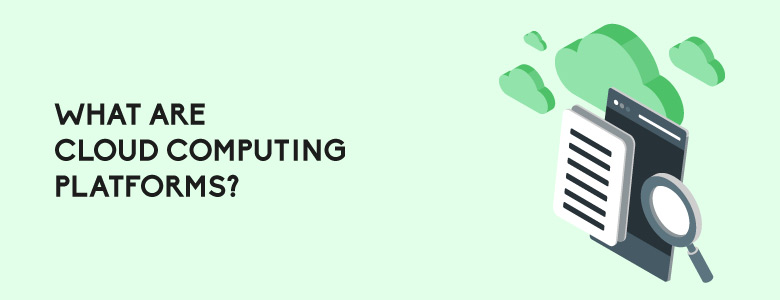
Cloud computing platforms are service packages that offer various cloud services. These platforms are managed by cloud service providers who host resources on remote servers and deliver them over the internet. This model provides flexibility, scalability, and cost-efficiency, making it a valuable tool for businesses of all sizes.
Types of Cloud Services
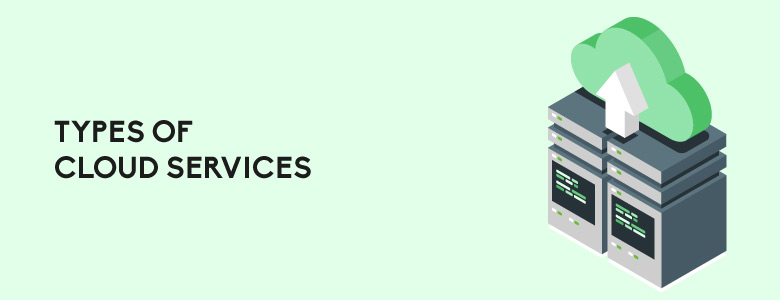
IaaS provides virtual computing resources over the internet. Users can rent IT infrastructure like servers, virtual machines (VMs), storage, and networks. This model eliminates the need for physical hardware, reducing capital costs and making it easy to scale up or down as needed.
PaaS offers a platform for developing, running, and managing applications without worrying about the underlying infrastructure. It includes development tools, database management systems, and middleware. This service simplifies the development process and helps get applications to market faster.
SaaS delivers software applications over the internet, usually on a subscription basis. Users access these applications through a web browser, while the service provider handles the underlying infrastructure and updates. This model is ideal for applications like email, customer relationship management (CRM), and enterprise resource planning (ERP).
Cloud Computing in the Philippines
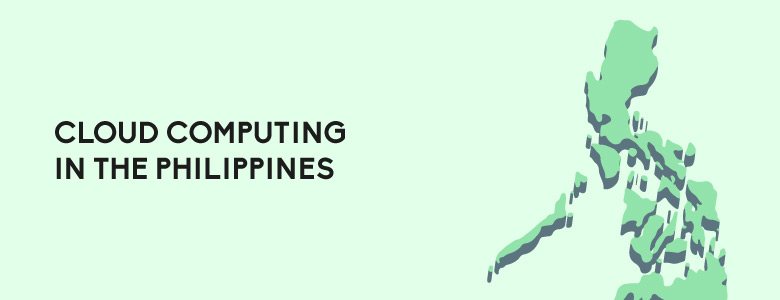
In the Philippines, cloud computing is transforming various sectors. The government is using cloud computing to improve public services and streamline operations. Cloud solutions help manage data efficiently, deliver better services, and engage with citizens more effectively. For example, e-government services and cloud platforms for public health data make government services more efficient and accessible.
Schools and universities are using cloud platforms for remote learning and collaboration. Cloud services offer access to educational resources, virtual classrooms, and tools for teamwork, ensuring that education continues smoothly despite geographical challenges. Online learning systems and cloud-based research tools have become crucial during the pandemic, helping educational institutions maintain quality education.
In healthcare, cloud computing enhances services like telemedicine, electronic health records (EHR), and health information systems. Cloud platforms allow real-time data access and analysis, improving patient care and operational efficiency. Financial institutions are also using cloud solutions to improve scalability, security, and compliance, supporting online banking, fraud detection, and regulatory reporting. Retail and e-commerce businesses use cloud services to manage online stores, customer data, and logistics, offering personalized customer experiences and real-time inventory management.
Want to learn more about Cloud Computing and its benefits? Contact us today at marketing@ctlink.com.ph to set a meeting with us today!
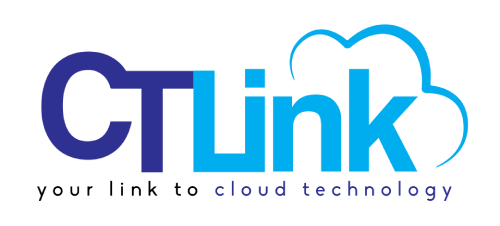
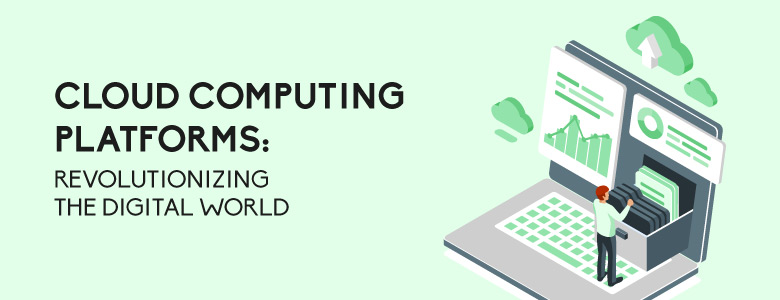
One Response